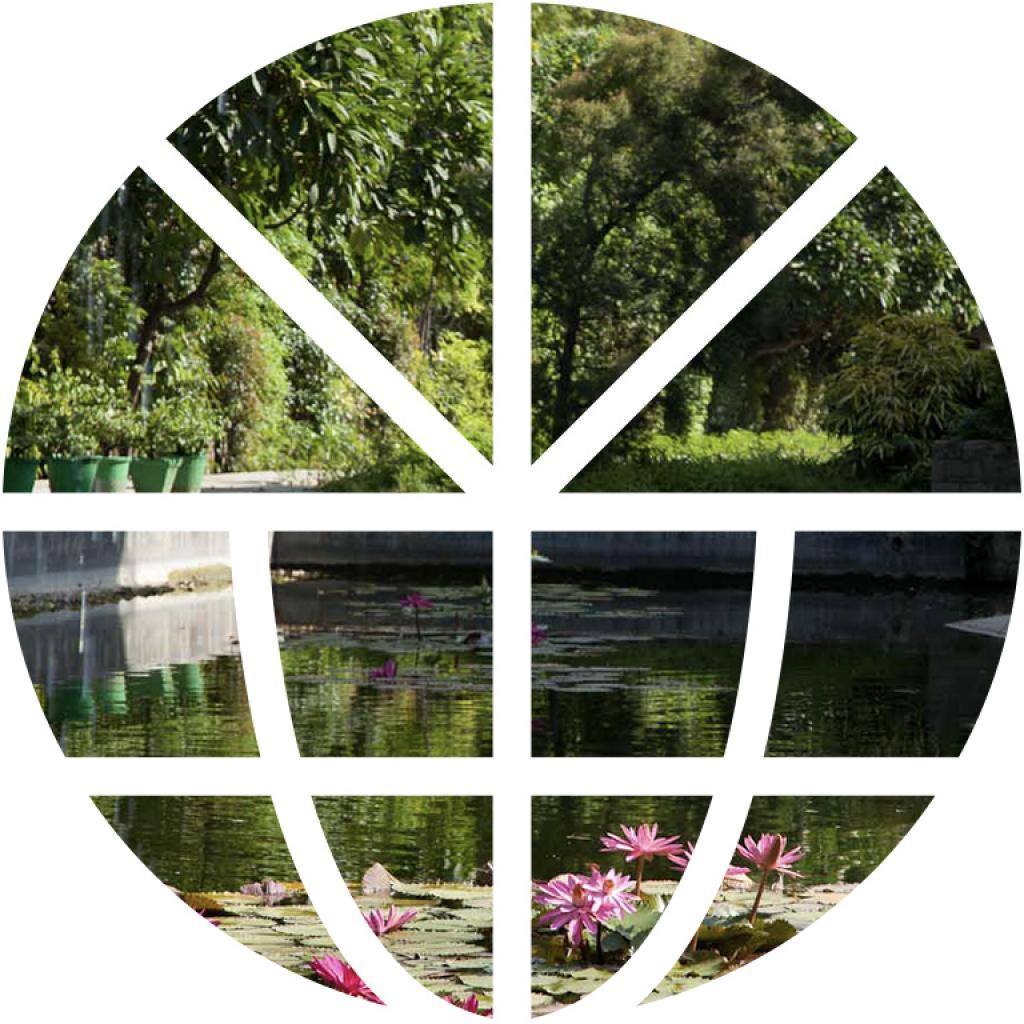Transparency International India – 8th Annual Lecture
08 May 2018, 05:30 am
Transparency International India – 8th Annual Lecture
Programme Type
Talks
Transparency International India – 8th Annual Lecture
To be delivered by Justice Shri Swatanter Kumar, former Chairperson of the National Green Tribunal and former Judge, Supreme Court of India
(Collaboration: Transparency International India)




